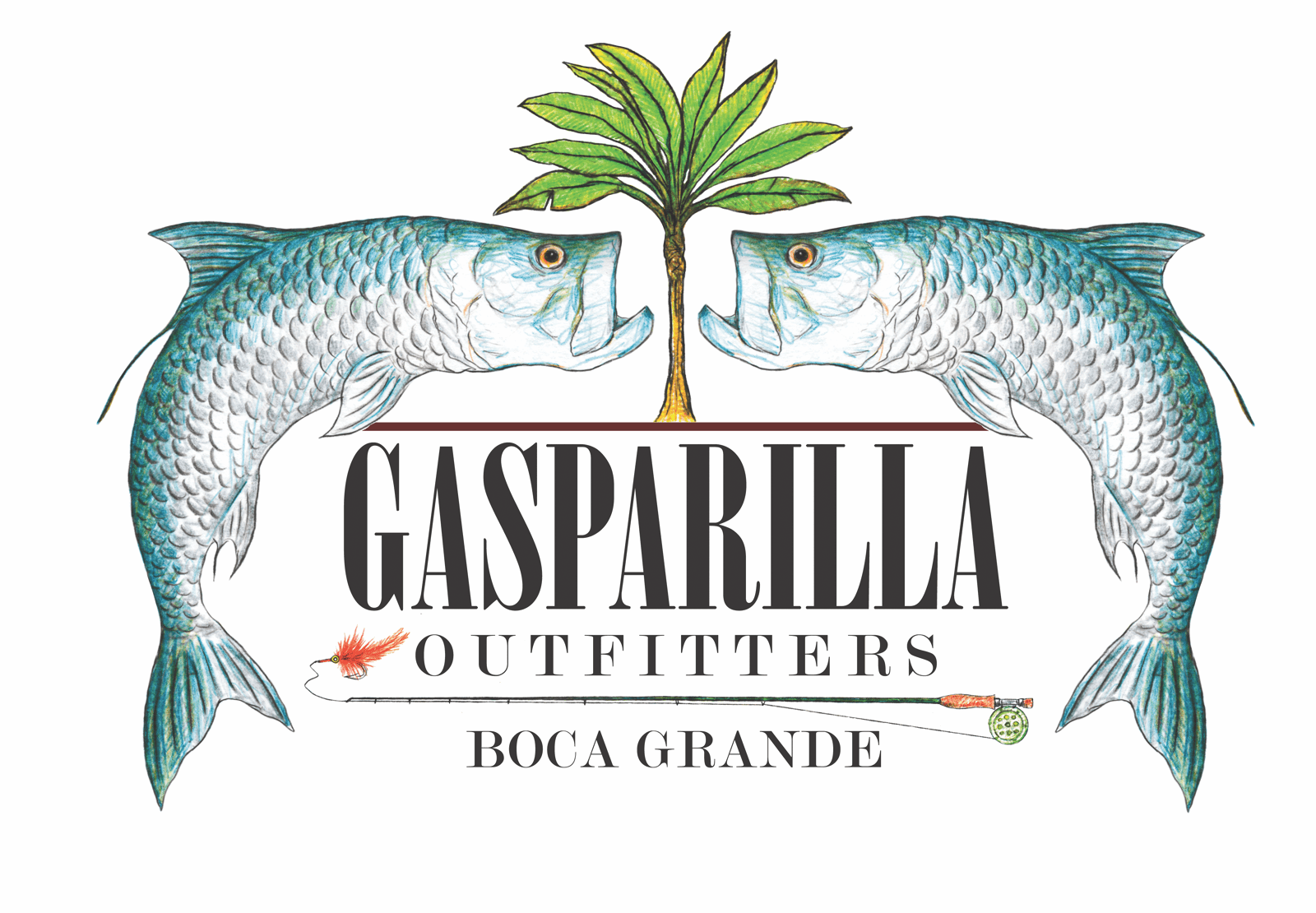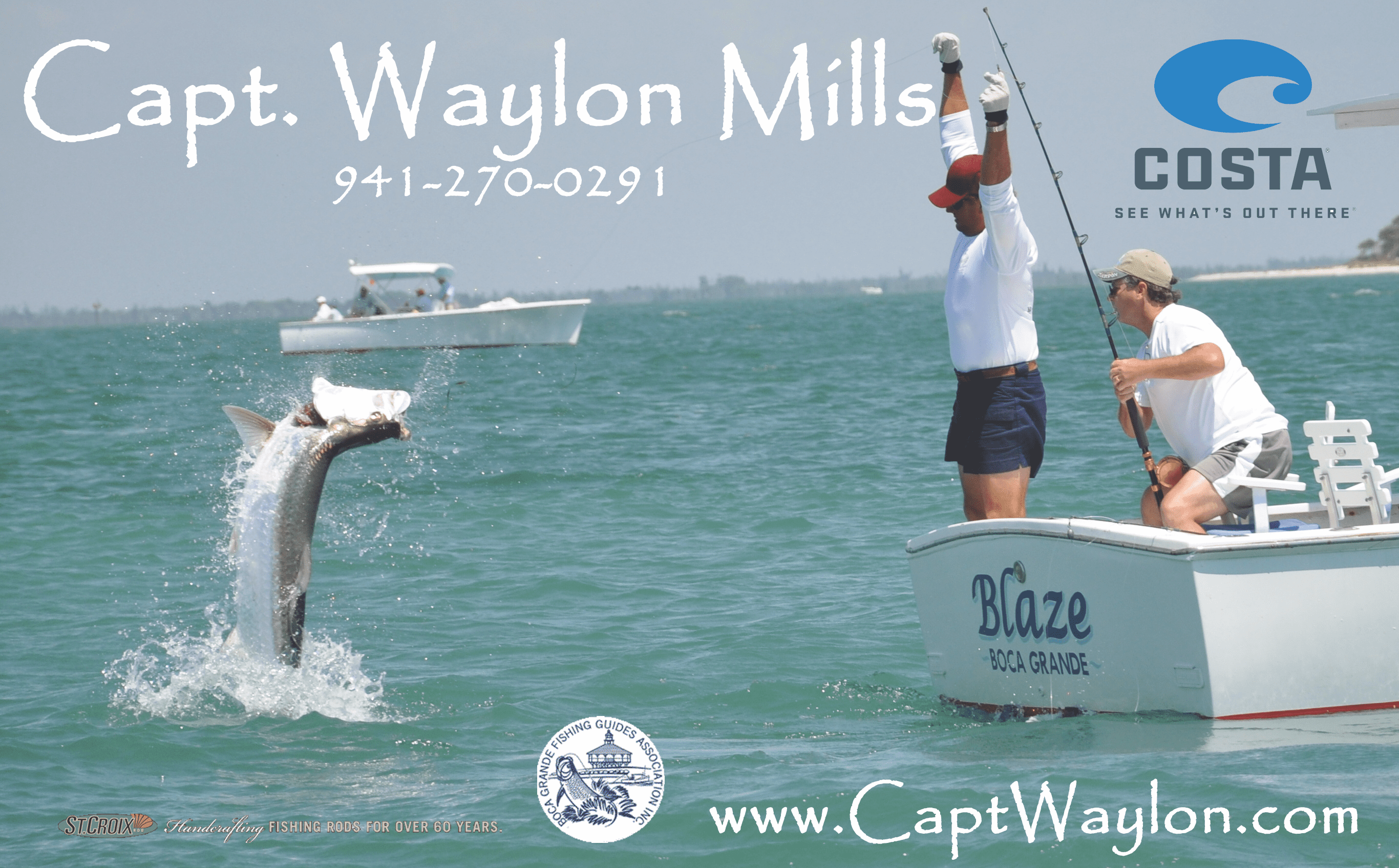The sad tale of Bubba the baby whale
![]() ■ STAFF REPORT
■ STAFF REPORT
On the morning of Tuesday, Oct. 18, the Florida Fish and Wildlife Conservation Commission (FWC) notified Mote Marine Laboratory scientists of a stranded, 19-foot-long sperm whale in the shallows off Little Gasparilla Island in Charlotte County. While Mote researchers never gave the whale’s gender in conversation, on social media it had a nickname: “Bubba.”
Staff from Mote’s Dolphin & Whale Hospital and Mote’s Stranding Investigations Program — the primary responders to stranded marine animals in Sarasota and Manatee counties — traveled south quickly to assist FWC with the response to this uncommon stranding.
Sperm whales (Physeter macrocephalus) are the largest toothed whale species. They inhabit all of the world’s oceans, including offshore waters of the Gulf of Mexico. Typically they remain in deep waters. Only a few have been found stranded along southwest Florida during the past decade.
According to FWC and Mote staff who responded on Oct. 18, the sperm whale appeared to be a neonate, or newborn, and was extremely underweight and in very poor condition. Also, at such a young age, this whale was not expected to survive without its mother.
After consultation with NOAA’s National Marine Fisheries Service (NMFS), which oversees wild marine mammal populations, it was determined that the most humane decision would be to euthanize the whale. With approval from NMFS, this process was carried out swiftly and humanely on the beach. With NMFS approval, FWC transported the whale to the public boat launch just off island, where it was loaded on a flatbed trailer and taken to the Marine Mammal Pathology Lab at FWC’s Fish and Wildlife Research Institute (FWRI) in St. Petersburg. A thorough necropsy is being conducted there to better understand the animal’s condition. Full results, including lab tests, will take time.
Mote and other Marine Mammal Stranding Network partners aim to rescue, rehabilitate and return animals to the wild as often as possible.
“We are sad when that cannot happen, but we know that it’s critical to learn as much as possible from each deceased animal. The more we learn, the better resource managers can conserve wild populations. We thank the public for their help during every step of this process — reporting stranded animals to trained responders, following responders’ guidelines on the beach, and supporting programs that rescue and study marine animals,” scientists said.
Mote was able to assist with the Oct. 18 stranding response thanks to funding from NOAA’s John H. Prescott Marine Mammal Rescue Assistance grants program. Prescott grants help Mote respond 24/7 to reports of sick, injured and/or entangled marine mammals in Sarasota and Manatee counties, and assist with major stranding events outside this range.
Marine animals strand for many reasons. They may be ill, injured, entangled in fishing gear, exposed to toxins or otherwise challenged in ways that are not immediately apparent. If you see a stranded marine mammal or sea turtle, dead or alive, please do not push the animal back out to sea. Within Sarasota or Manatee counties, please call Mote’s Stranding Investigations Program, a 24-hour response service, at 941-988-0212. Outside of Sarasota or Manatee counties, please call the FWC Wildlife Alert hotline at 888-404-FWCC (3922).








